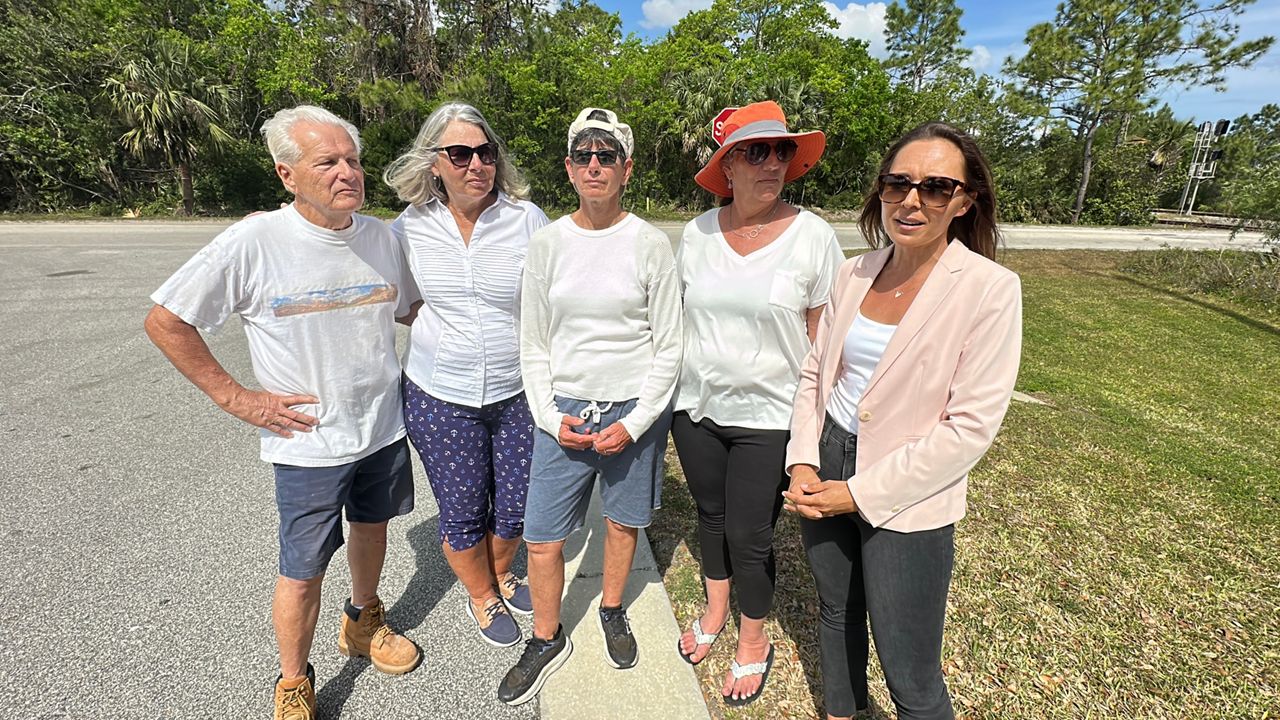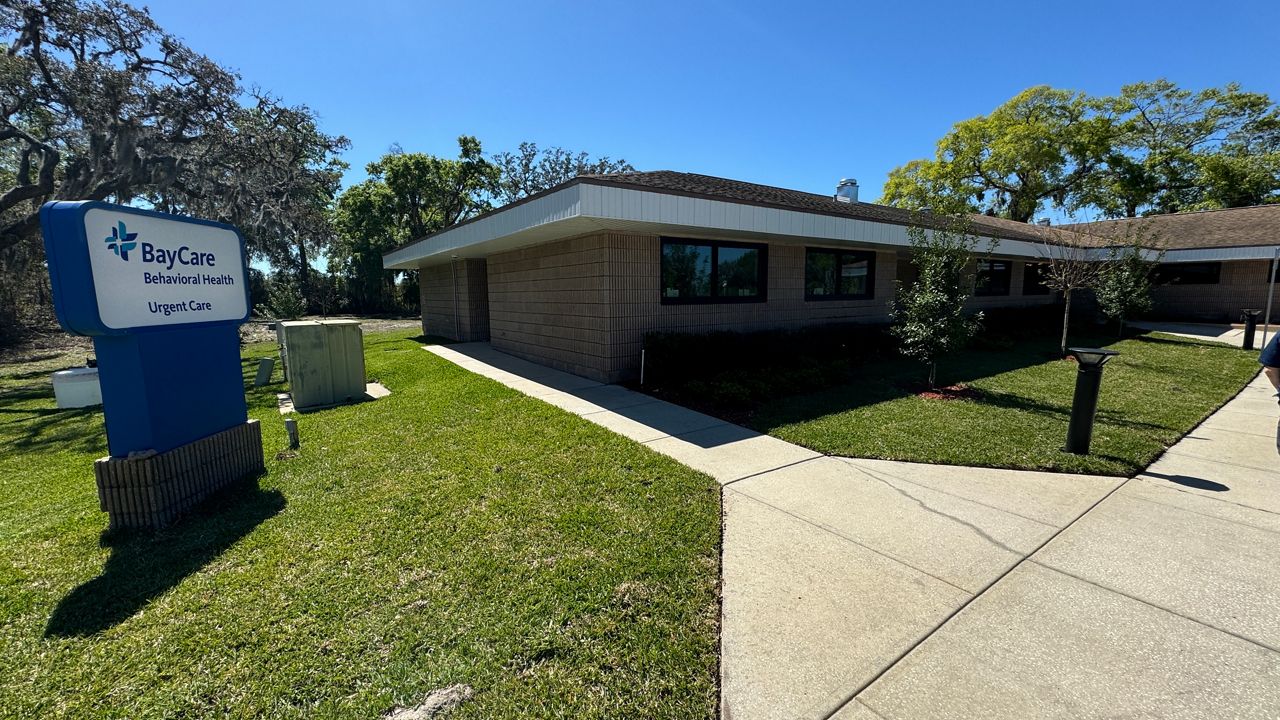Community leaders are voicing concerns after the Florida Board of Education decided on policies that will change how African American history is taught in schools.
What You Need To Know
- The Florida Board of Education enacted new policies this week on how African American history is taught in schools
- The new policies include language to show how acts of violence were "perpetuated against and by African Americans" during the Ocoee massacre in 1920
- During the massacre, an estimated 50 people were killed when Black residents were attacked by a white mob after July Perry attempted to vote in Ocoee
Some are arguing the policies reverses work done just three years ago to ensure historical events like the Ocoee massacre were taught in Florida schools.
In 2020, former state Sen. Randolph Bracy played a part in making sure students were taught about the event. Now, he said he’s disheartened by recent educational changes, because he thinks they will lead to important moments in American history, like the Ocoee massacre, being watered down in the classroom.
In 1920, July Perry, a Black man, tried to vote in Ocoee while encouraging other African Americans to do the same. A white mob attacked the Black residents and it is estimated that 50 people were killed during the violence. Bracy helped get House Bill 1213 passed 100 years later, which directed a task force to find ways to include the massacre in African American history instruction.
However, new education policies approved Wednesday state that teachers are expected to show how acts of violence were "perpetuated against and by African Americans" during the massacre.
Bracy said he believes these new policies are damaging to the work he and others have done to ensure African American history is taught accurately in Florida schools.
“But I think it is even more far reaching that just the Ocoee massacre, I mean we are talking about just our history in general," Bracy said. "And so, if you are going to water down the history of our country and what happened to African Americans, I think it is setting a dangerous precedent."









